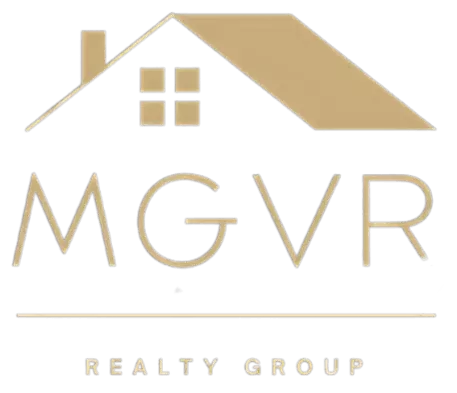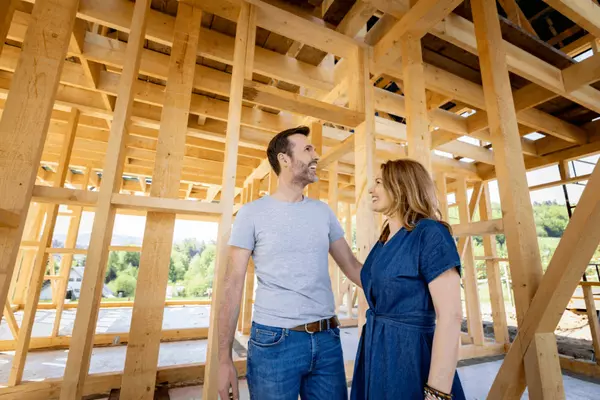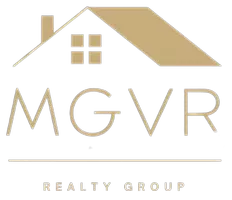All Categories and Topics

Discover Your Dream Home at 18 Cliftwood Rd, Palmyra, VA

Interest rates: Do they really matter?

Keep Your Home in Top Shape: Essential Post-Sale Home Maintenance Tips

Buying vs. Building a House: 5 Essential Tips to Help You Make the Right Choice

Homeownership: The Key to Achieving the American Dream

Get Ready to Sell—How to Prepare for a Home Inspection as a Seller
Effective Negotiation Tactics for Today’s Housing Market
In today’s competitive housing market, negotiating the best deal on a home can be challenging. Whether you’re buying or selling, mastering negotiation tactics is crucial to getting the most out of your transaction. With tight inventory, rising prices, and strong demand, it’s more important than ever
Key Factors That Determine Your Property’s Value
Whether you’re buying, selling, or simply curious about your home’s worth, understanding the factors that determine property value is essential. Property value isn’t just about the size or condition of the home—there are multiple variables at play, each of which can significantly impact how much you

Taylor Redmond
Phone:+1(540) 255-6930
Leave a Message
Client Success Stories
Let's get in touch!







